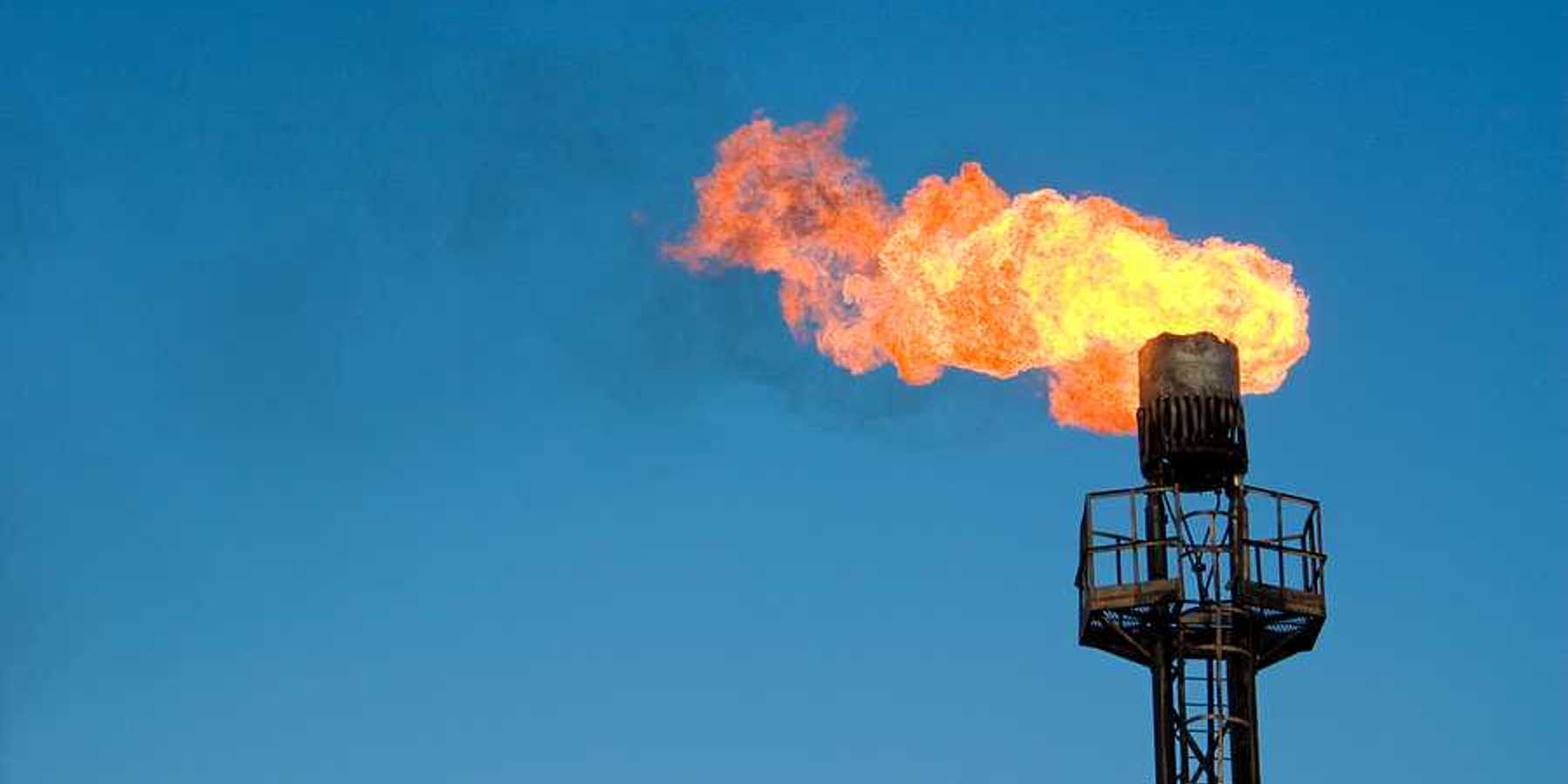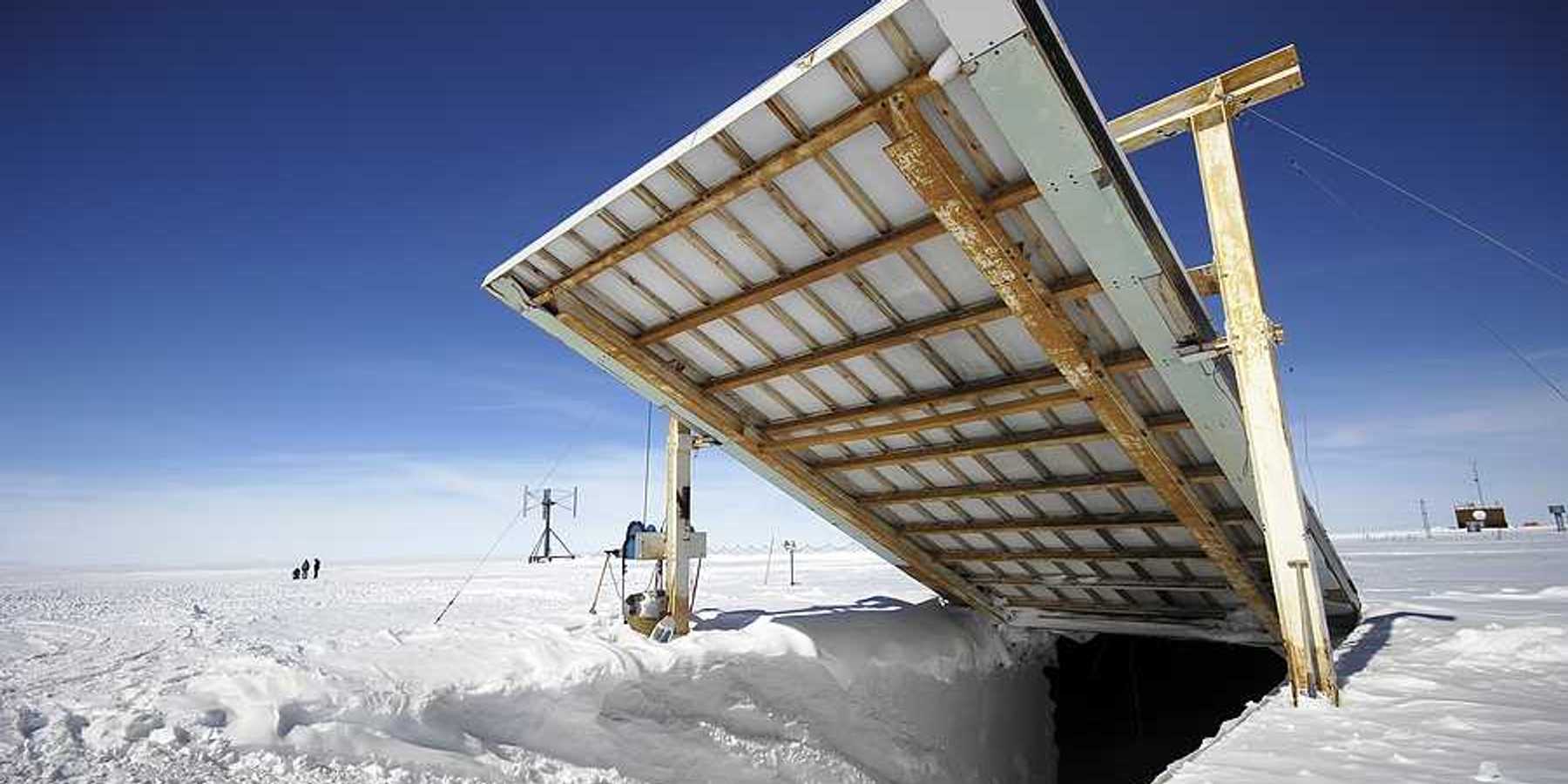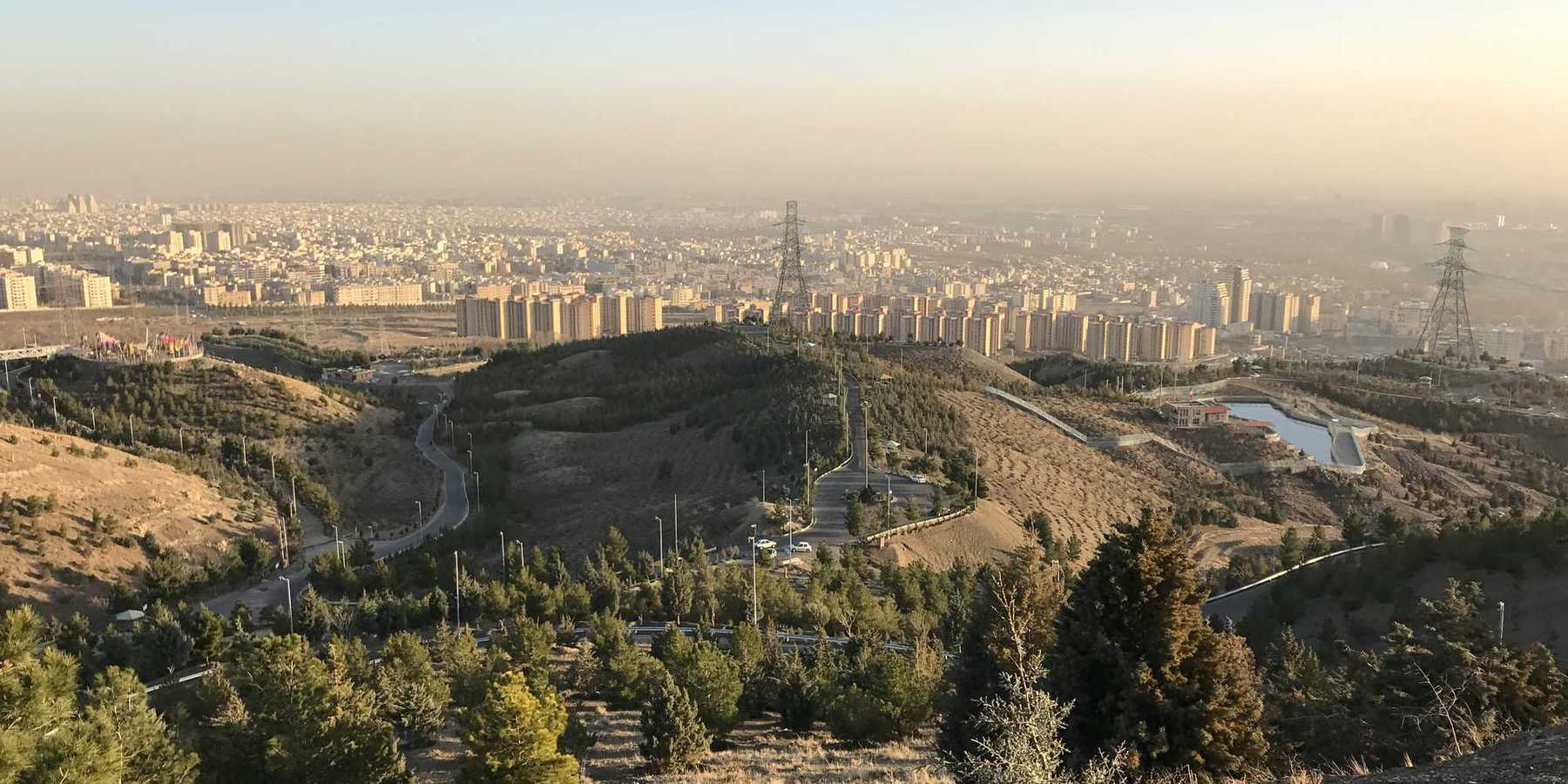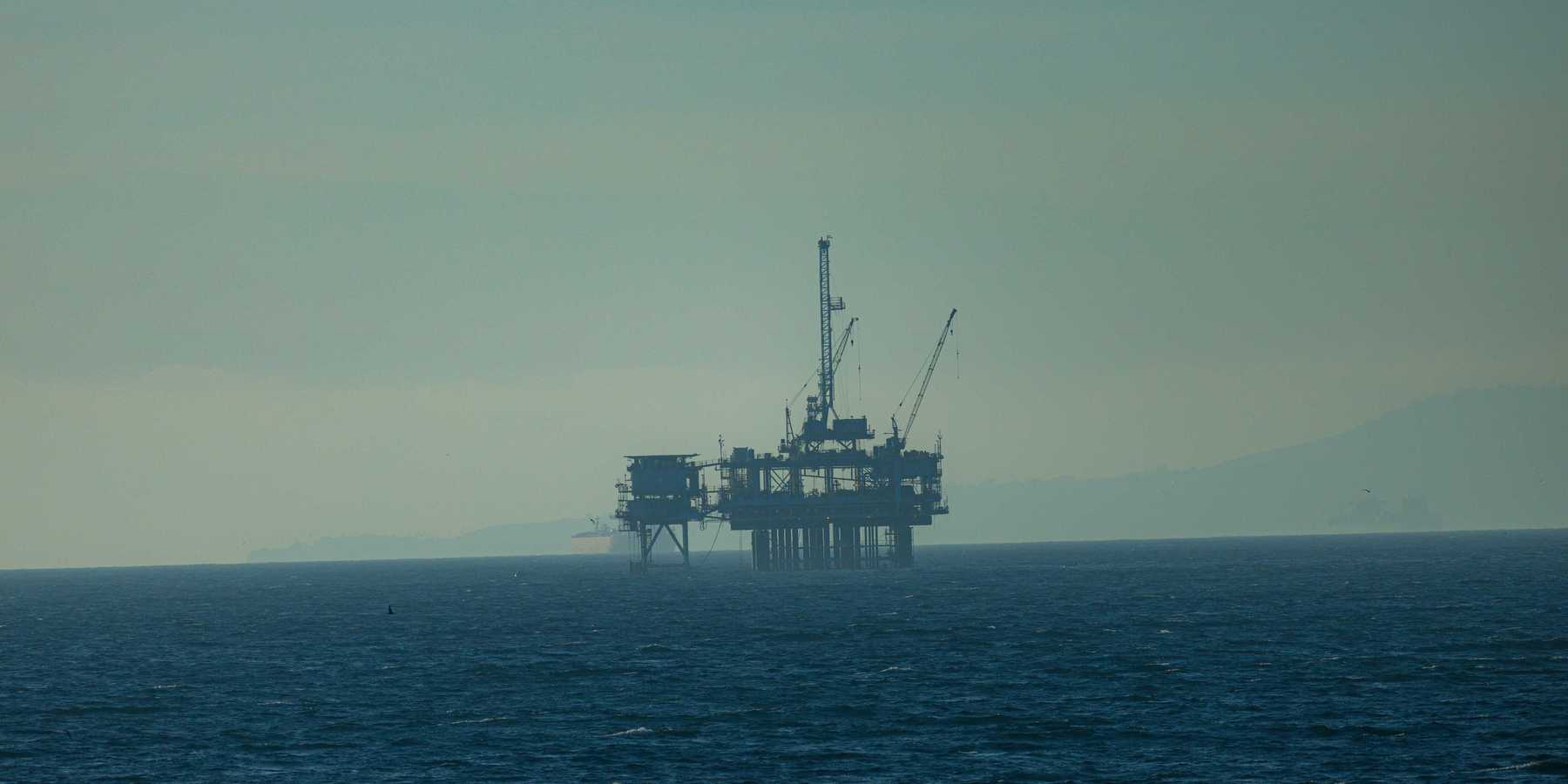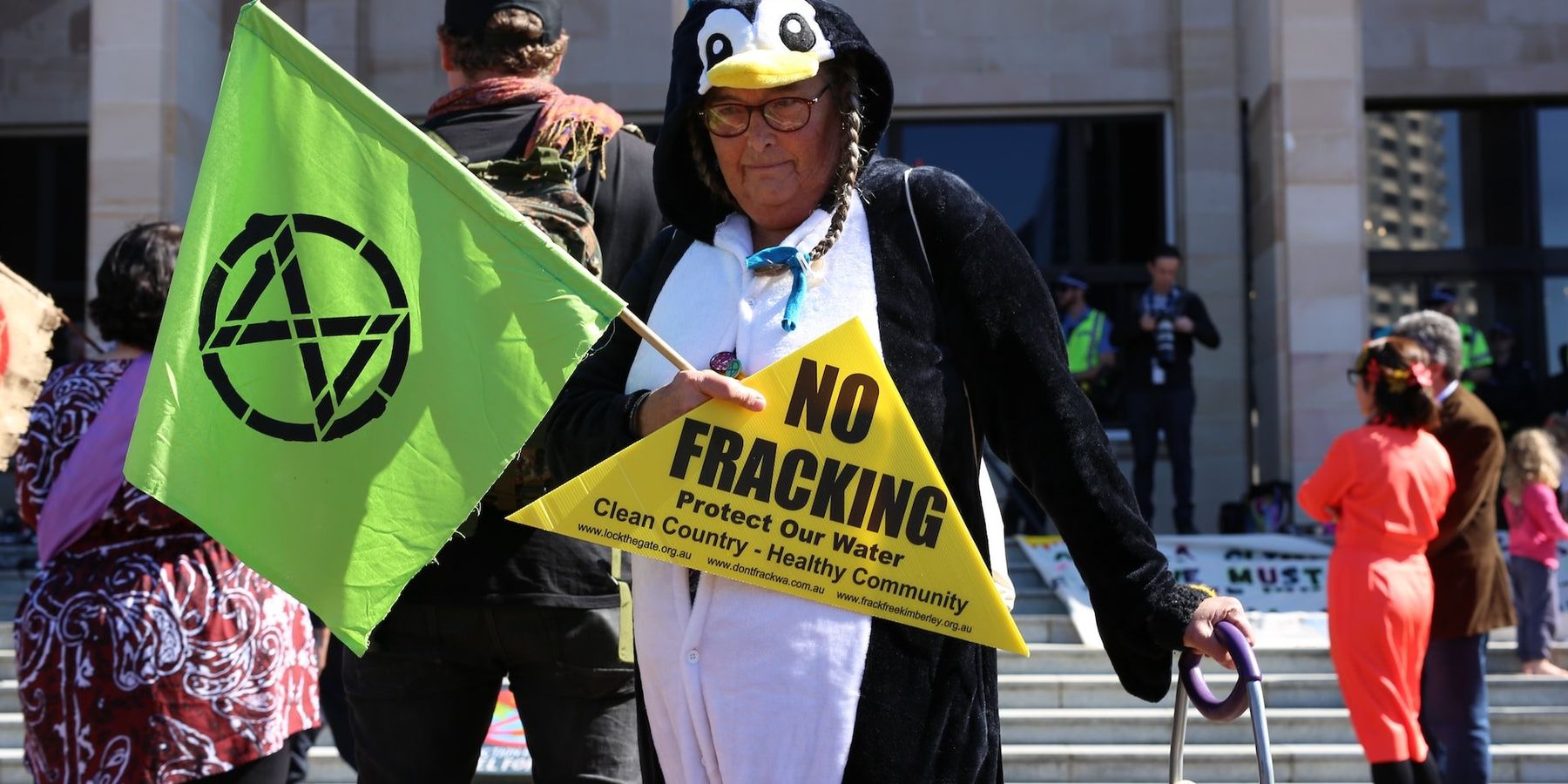
800,000 tons of radioactive waste from Pennsylvania’s oil and gas industry has gone “missing”
Poor recordkeeping on hazardous waste disposal points to potential for bigger problems, according to a new study.
PITTSBURGH — Waste from the oil and gas industry contains toxic and radioactive substances. Disposal of this waste is supposed to be carefully tracked, but 800,000 tons of oil and gas waste from Pennsylvania oil and gas wells is unaccounted for, according to a recent study.
Researchers at the University of Pittsburgh and Duquesne University initially set out to investigate whether sediment in rivers and streams near landfills accepting higher volumes of oil and gas waste contained higher levels of radioactivity. But they discovered significant problems with the records meant to track this waste.
“We set out to write a different paper,” Daniel Bain, an associate professor at the University of Pittsburgh and one of the authors of the study, told Environmental Health News (EHN), “but once we got into the records, we realized there was no hope of being able to meaningfully do this kind of assessment.”
The study, published in the journal Ecological Indicators, compared records on Pennsylvania’s oil and gas waste from 2010-2020, and uncovered significant gaps between what oil and gas operators reported they’d sent to landfills and what the landfills reported receiving. The records were so different, the researchers couldn’t find a single case where the Pennsylvania Department of Environmental Protection’s (DEP) Oil & Gas Report figures on this hazardous waste matched reports from the landfills receiving it.
This type of waste often contains toxic chemicals and carcinogens, including high levels of heavy metals like arsenic, polyaromatic hydrocarbons, and radioactive materials. Previous research has shown that radioactive contaminants from fracking waste can linger in local waterways and wildlife for decades.
Related: How the “Halliburton Loophole” lets fracking companies pollute water with no oversight
“You assume the people regulating hazardous waste would be double-checking these records,” Bain said. “We thought they could be off by maybe 10% — we didn’t expect anything like this.”
What’s going on with these records?
The oil and gas waste evaluated in the study originated at wells in Pennsylvania and was sent to landfills in Pennsylvania, Ohio and New York.
The industry self-reports how much waste it sends to landfills, and the DEP collects that data in its annual oil and gas reports. Landfills that receive the waste weigh it and keep their own records. In some cases, the differences between these two sets of records were vast.
For example, the 2019 oil and gas report said that 29,221 tons of waste were sent to the Arden landfill in Washington County, Pennsylvania, but the landfill’s records showed that it received 269,480 tons of waste that year — a difference of 240,259 tons. In total, the study found that around 800,000 tons of hazardous oil and gas waste was unaccounted for in official records.
“Everything is self-reported and the [Pennsylvania Department of Environmental Protection] is understaffed and doesn’t have the resources to double-check,” John Stolz, coauthor of the study and director of the Center for Environmental Research and Education at Duquesne University, told EHN.
A spokesperson for the Pennsylvania Department of Environmental Protection told EHN the agency was looking into these discrepancies, but did not respond to numerous follow-up requests for additional information sent over several months.
Carl Spadaro is an environmental manager for MAX Environmental Technologies, Inc., which accepts oil and gas waste at its Yukon facility, about 29 miles southeast of Pittsburgh. Spadaro, who previously worked for the Pennsylvania Department of Environmental Protection, said accurate records are important, but that differences in reporting formats could explain the gaps.
Related: Should oil and gas companies be exempt from Pennsylvania’s hazardous waste laws?
“We report the volume of waste we receive and also the volume of landfill airspace consumed each year,” Spadaro told EHN. “I don’t think this is cause for any environmental concern. Inconsistency in reporting is more of a regulatory management issue.”
Radioactive hazards in rivers and streams
Despite the hurdles with the landfill records, the authors of the study did detect higher levels of radioactive materials in waterways near municipal wastewater treatment plants that processed liquid runoff from landfills accepting oil and gas waste.
This landfill runoff, called leachate, often goes to municipal sewage treatment plants, but when it comes from landfills accepting oil and gas waste, it can become radioactive. That’s because materials dredged up from deep in the Earth during oil and gas extraction — particularly during fracking, which requires more drilling — contain radium.
Exposure to radioactive radium increases cancer risk, particularly for lung and bone cancers.
Related: Pennsylvanians living near fracking wells face higher risk for childhood cancer, low birth weights and asthma attacks
“This waste is getting into our surface waters and streams,” Stolz said. “We found evidence that there’s up to four times as much radiation downstream from discharges from the municipal sewage treatment plants as upstream.”
Bain said better record-keeping would allow them to better assess whether the quantity of oil and gas waste accepted at a landfill predicts the level of radioactivity in leachate and nearby waterways, but that better record-keeping isn’t a solution to the larger hazards posed by these practices.
“This type of waste should not be going to municipal landfills or sewage treatment plants,” he said. “If there’s all this wealth being generated by this industry, they should be able to spend a little money to make sure they’re not exposing people to hazardous materials that can cause cancer.”

